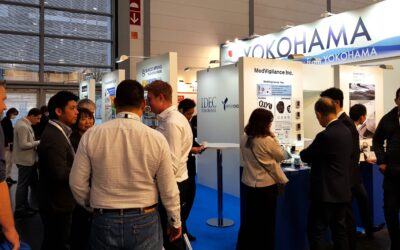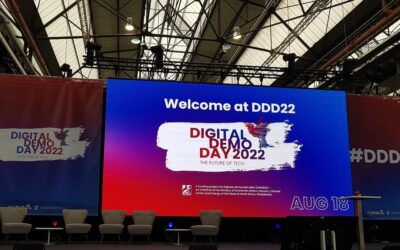(Left) Ms. Ayako Amari, Business Strategy Section Engineer at the Application Management System Headquarters of Hitachi Solutions.
(Center) Ms. Tanabe Keiko, Senior Staff of the Corporate Planning Department at Hitachi Social Information Services.
(Right) Ms. Ikuko Hosokawa, Product Business Section Manager at the Application Management System Headquarters of Hitachi Solutions.
These three businesswomen have been working at Yokohama’s Hitachi factory to make IT user-friendly and easy to understand. We spoke with them about the current activities taking place in Yokohama’s community, and the potential that the community holds for the future.
A wealth of information leads to a wealth of ideas
You’ve been enacting personnel exchange programs with other corporations. How has that worked out so far?
Tanabe (Hitachi Social Information Services): There are a limited number of business events and study meetings aimed at supervisors of new businesses that are being held in Yokohama, so we’ve been participating in a lot of events in Tokyo as well. Actually, we’ve often been able to meet and network with fellow Yokohama businesses through Tokyo events. Of course we’ve also been able to meet employees of other nearby companies in Yokohama’s Minato Mirai business district through events in the city of Yokohama itself. Last year we held a study session with a neighboring company during our lunch breaks that we called the “Yokohama Luncheon Session.” Even some employees of corporations that one might consider our competitors came and joined, but that day everyone was able to just speak frankly as individuals, and it didn’t feel like there were any barriers or conflicting motivations between us. It was our first inter-corporate initiative, and we worried a lot about how it would be received, but we’ve had a number of people approaching us since, asking and hoping that we’ll to do it again this year. Based on the initiatives we’ve enacted for and with new businesses in the past, we’ve recently been receiving support from those same companies to continue our work on local collaborative events. These past few years we’ve become increasingly aware of how important it is to get ideas and input from outside of our own company. We’d like to continue to expand our collaboration efforts with other businesses even further in the future.
What are you hoping will be the result of the City of Yokohama’s plans to foster an “Innovator’s Community?”
Amari (Hitachi Solutions): That not only will we be able to have more interactions with other companies, but that based on the influx of information those interactions will become deeper and richer, which could even enhance our ability to explain our products. You can find the essence of business even in conversations that aren’t directly work-related. It’s exciting to be a part of a community but from an individual corporate perspective there are difficulties too, like how much in-house technique is it safe to share, or how to create a win-win situation for yourself and the other company in question. For the Innovator’s Community to really change the city, I ideally it should become an initiative that everyone can participate in without hesitation or trepidation.
Hosokawa (Hitachi Solutions): I was born, raised, and am now working in Yokohama, so I have a real attachment to this city. The area has experienced an aging population, so I think it would be wonderful if community activities that included senior citizens could help invigorate it. For example, if there were actions that capitalized on the skills and connections of active senior citizens, it could prove as a reference for our own futures.
Tanabe: There has been a heavy concentration of events in Tokyo, so in order to reduce the “strangeness” of networking with other Yokohama businesses in Tokyo, I’m sincerely hoping that the Innovator’s Community could be a space within Yokohama to connect to its companies. Although I do believe that it’s important for people to participate in community activities not just because they live there, or because they work there, but rather because they really feel an attraction to the area and the activities going on there. We have been active in a communal sort of way for a long time now, I think there was a connection between the comments we received from those people who were really invested in the area and its community projects, and an increased awareness on our part in turn. There’s always the chance that what start as community events will end up breaking apart and running aground within individual groups again, so to make connections with people and groups outside of your own already-established circles, I think it’s vital to make sure community-oriented activities and initiatives retain a momentum to them.
How “Real Local Issues” Create Business
How is IT helping to solve local issues?
Tanabe: We have heard that there is a demand for IT in regards to Yokohama’s local issues. IT itself is a very broad term, but there are many things that can be solved simply through re-examined usage of the already-implemented and maybe obvious IT systems like email and instant messaging. But then we also understand that there are IT needs in the sphere of welfare as well that aren’t so easily handled. If we could combine the knowledge and skills that we have with data related to the specific needs, I have the feeling there’s a lot we could accomplish.
Hosokawa: In creating business, what’s difficult is the establishment of the issue at hand—the issue that you’re aiming to solve. The conception guides the approach and how everything comes together; but if it’s an issue you’ve come up with personally, then it’s easier for you to—consciously or not—alter or change it based on what’s convenient. If on the other hand it’s an established and real local issue that you’re talking about, it’s easier to think about and approach it objectively without altering it, and it will also probably carry more weight with higher-ups and investors as well.
Amari: It’s important to have clear demands and targets to meet. If you aren’t developing services and products which address real issues, there just isn’t going to be as much interest. That’s why it’s so important to try to gather frank input and opinions from local people, but even still it can be difficult to fully understand the true needs of the community. IT is often mainly thought of as being B2B, but I think it’s necessary to turn towards B2B2C. It’s my hope that through active interaction with the local community, we’ll become able to more clearly grasp the needs of its people.
Tanabe: When we had an internal hearing with our engineers, we came to understand that there was a demand to be able to actually see and know the users that are going to be using the system we’ve developed. Within our company we have many workers who grew up in Yokohama, so we get comments that people want to do work not only in, but for the sake of Yokohama, a city that is familiar and beloved to them.
Hosokawa: “Knowing the users” is important to engineers. It makes it easier to make informed decisions on what technology we can provide that will offer concrete solutions to the real issues. And then our technology or solution gains value as well, and it all connects to creating a better product.
Do you have any input or ideas on how to create a good business community?
Hosokawa: To advance beyond “interaction” and into “cooperation,” it’s necessary to have discussions on specifics like financials, but it’s still not easy to come up with the best way to actually implement those cooperative ideas. To make sure the discussions don’t peter out with “it would be great if we had X,” perhaps it would be best to introduce investors into the equation to give the process some speed and driving force.
Amari: I think it would be helpful if we could advertise initiatives in which the City of Yokohama is leading the charge, perhaps by speaking to how those initiatives would affect businesses. If you can get whole businesses involved from the outset with their leaders’ commitment, it would make the whole endeavor far more fluid than working your way up from individual connections would.
What do you think about creating connections with startup companies?
Tanabe: At Yokohama’s promotional seminars, I have noticed some SMEs and startups might hesitate to join a community in which larger corporations are participating. Our company views the community as an opportunity for all of us to become acquainted with technologies and skills that we don’t already possess, so I think it would be great to deepen those connections on a level playing field.
Amari: When it comes to large organizations, speed becomes the issue. If we can keep the pace and new techniques characteristic of startups and combine it with the advantages that large corporations have, while balancing the financial aspect, I think we could do some really great things for Japanese business.
Hosokawa: You only really come to know your strengths and your company’s strengths through contact with other companies. Real learning leads to growth, so learning from ideas and viewpoints that are gleaned from the public or from startups could prove to be very beneficial. I think it would be great if everyone banded together through these connections under the label of “Made In Yokohama.”
Learn more:
Incentives and Support for Businesses in Yokohama
Read more of our Innovation Interviews Series
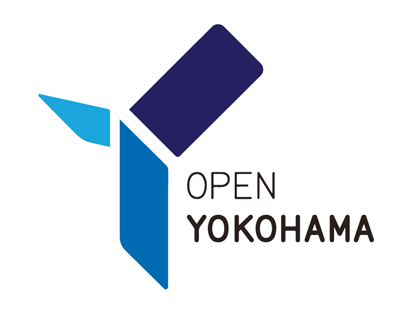
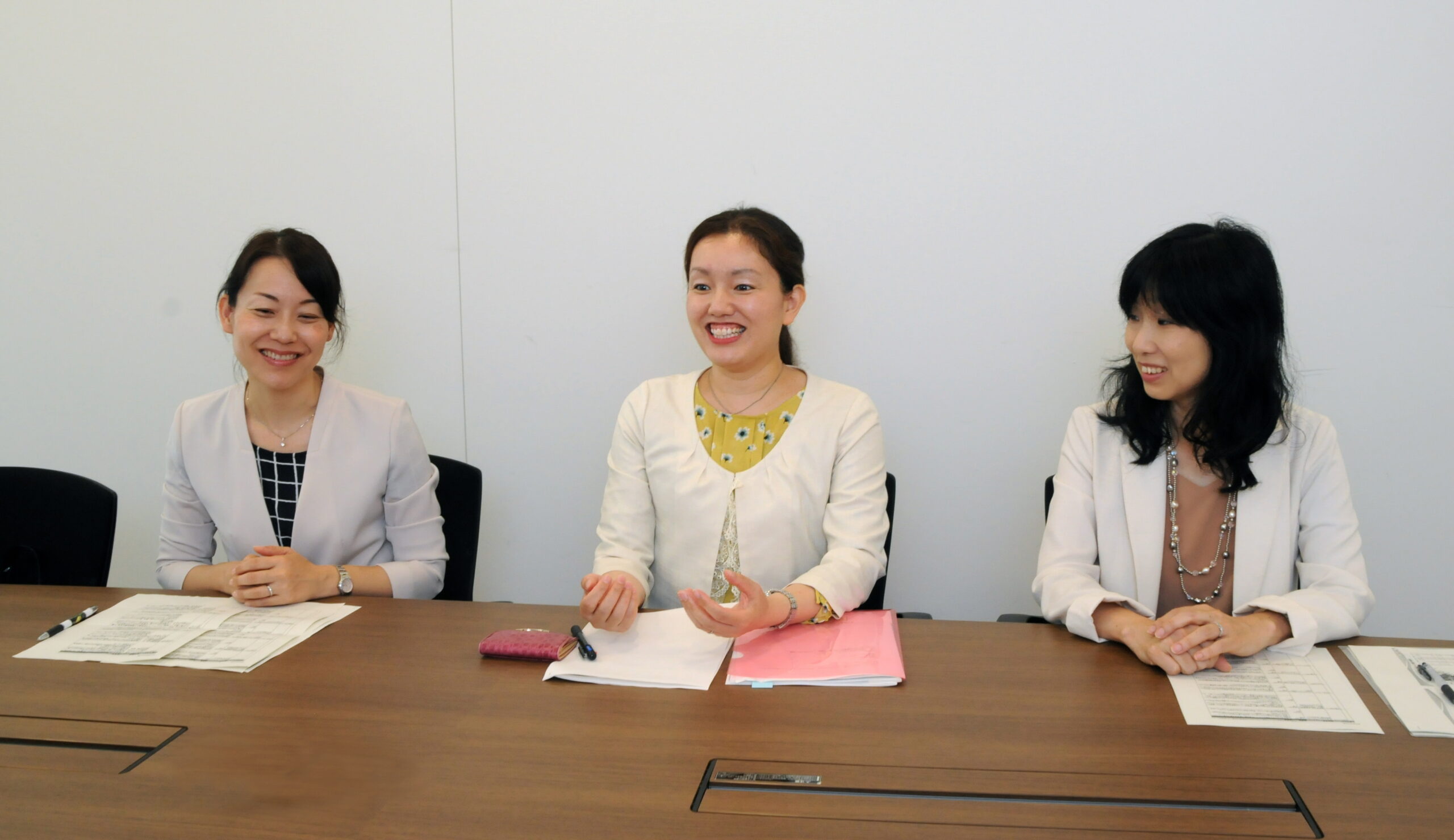


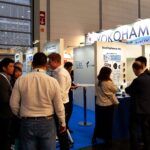
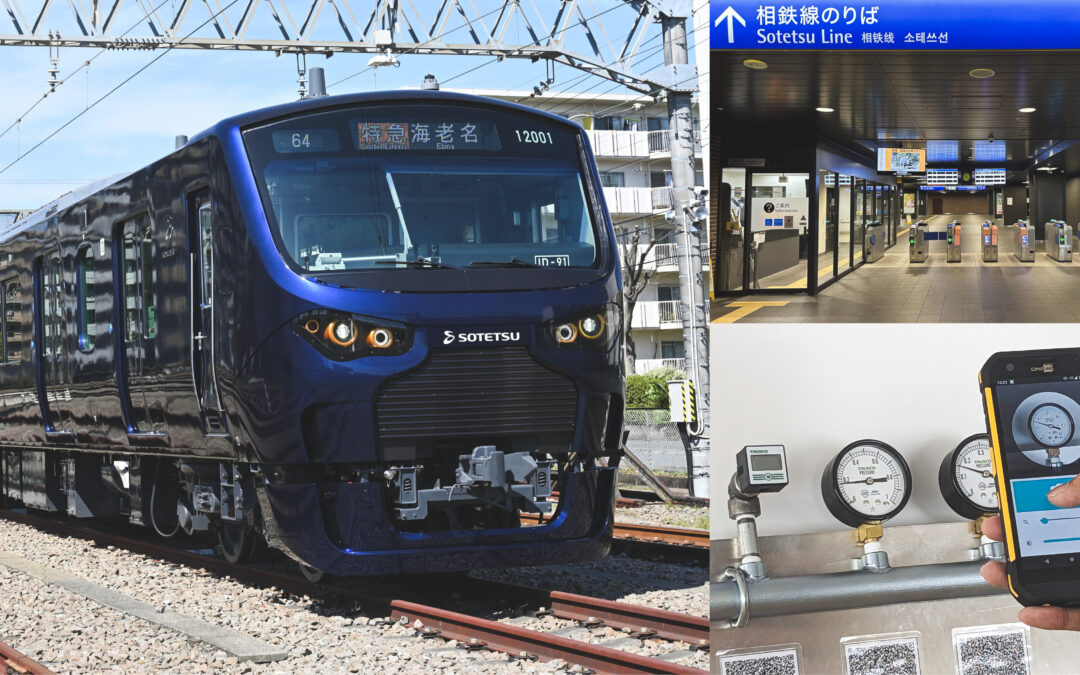
-1080x675.jpeg)
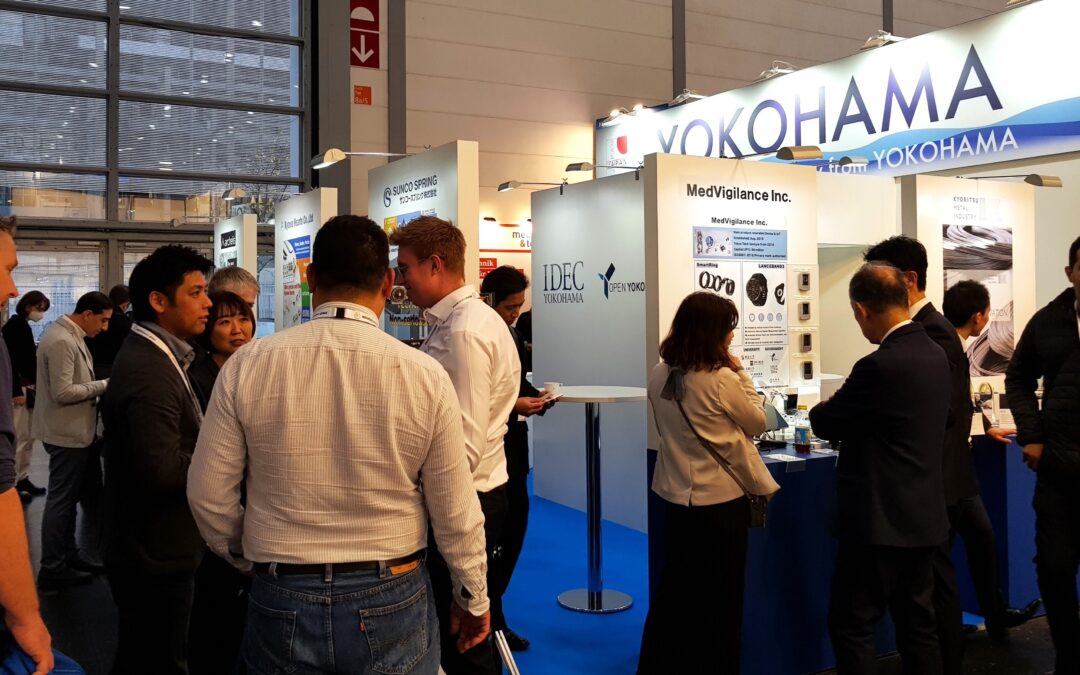
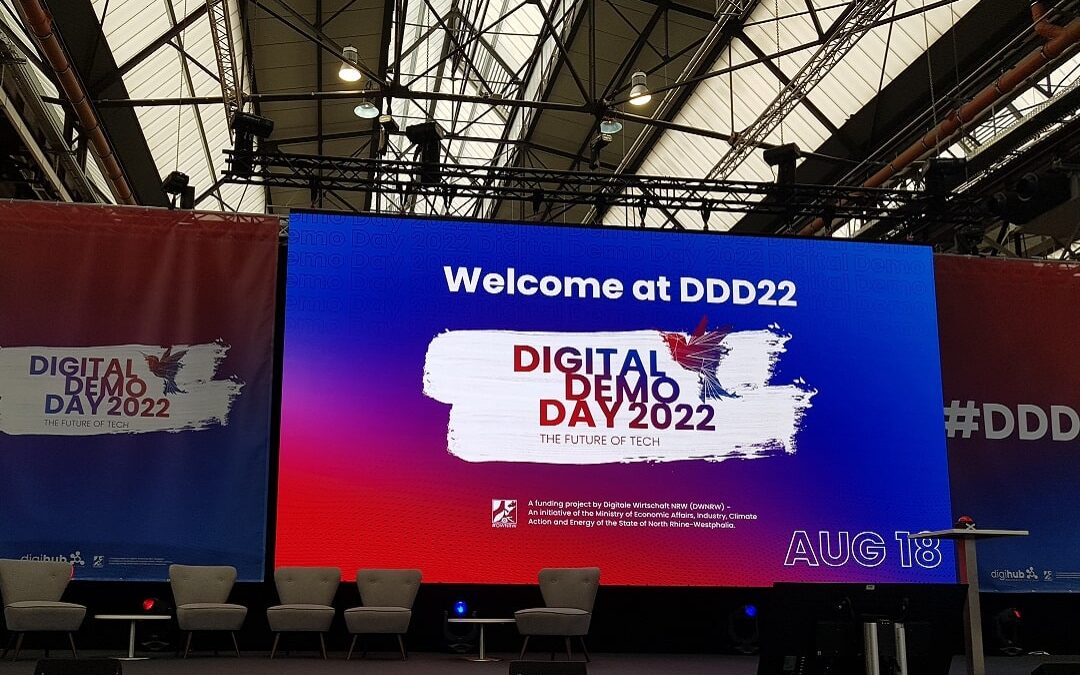

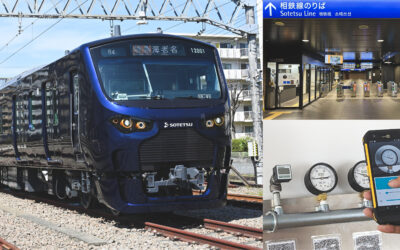
-400x250.jpeg)
